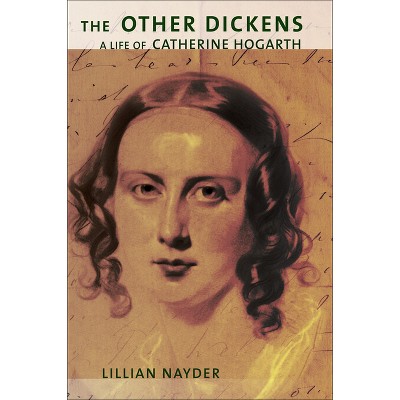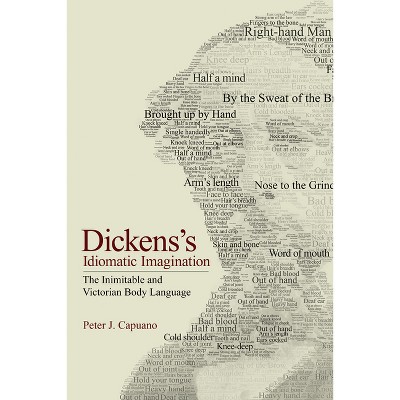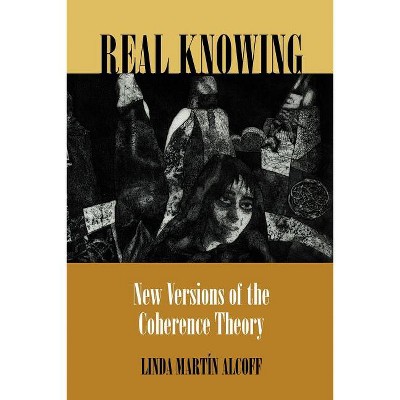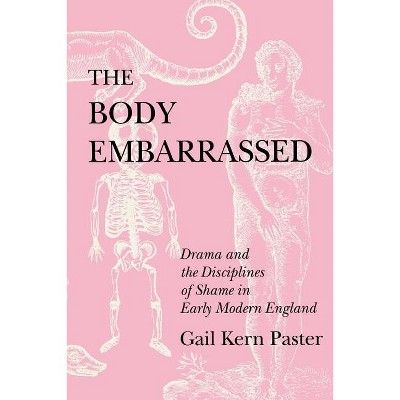About this item
Highlights
- In this compelling and accessible book, Rosemarie Bodenheimer explores the thoughtworld of the Victorian novelist who was most deeply intrigued by nineteenth-century ideas about the unconscious mind.
- About the Author: Rosemarie Bodenheimer is Professor of English at Boston College.
- 256 Pages
- Literary Criticism, European
Description
About the Book
Bodenheimer explores the thoughtworld of the Victorian novelist who was most deeply intrigued by nineteenth-century ideas about the unconscious mind.
Book Synopsis
In this compelling and accessible book, Rosemarie Bodenheimer explores the thoughtworld of the Victorian novelist who was most deeply intrigued by nineteenth-century ideas about the unconscious mind. Dickens found many ways to dramatize in his characters both unconscious processes and acts of self-projection--notions that are sometimes applied to him as if he were an unwitting patient. Bodenheimer explains how the novelist used such techniques to negotiate the ground between knowing and telling, revealing and concealing. She asks how well Dickens knew himself--the extent to which he understood his own nature and the ways he projected himself in his fictions--and how well we can know him.
Knowing Dickens is the first book to systematically explore Dickens's abundant correspondence in relation to his published writings. Gathering evidence from letters, journalistic essays, stories, and novels that bear on a major issue or pattern of response in Dickens's life and work, Bodenheimer cuts across familiar storylines in Dickens biography and criticism in chapters that take up topics including self-defensive language, models of memory, relations of identification and rivalry among men, houses and household management, and walking and writing.
Review Quotes
I believe this book is certainly destined to become one of the great, indispensable classics of Dickens criticism.
--Michael Slater "The Dickensian"The chapters of this brilliant study of Charles Dickens are 'built around certain recurrent clusters of thought and feeling in Dickens's writing, in order to illuminate some of the ways of knowing that drove his creative life.'... Bodenheimer is especially keen on describing the ways in which Dickens plumbed his own rich fantasy life and parceled it out among imagined characters.
--Barbara Fisher "Boston Sunday Globe"Writing at the intersections of public and private, and of biography and criticism, Rosemarie Bodenheimer's beautifully written study of Charles Dickens focuses intently on a body of writing that has too often been accused of lacking interiority and psychological depth. Carefully tracing the workings of Dickens's conscious and unconscious mind in his letters, journalism and fiction, Bodenheimer argues that the writer was engaged in a lifelong process of self-observation as keen as the observations that he brought to bear on others, and that he projected on to his fictional characters 'an inward way of being that knew itself by mirroring its aspects on external screens.'.
--Sally Ledger "Times Higher Education Supplement"About the Author
Rosemarie Bodenheimer is Professor of English at Boston College. She is the author of The Real Life of Mary Ann Evans: George Eliot, Her Letters and Fiction and The Politics of Story in Victorian Social Fiction, both from Cornell.
Shipping details
Return details
Trending Poetry












